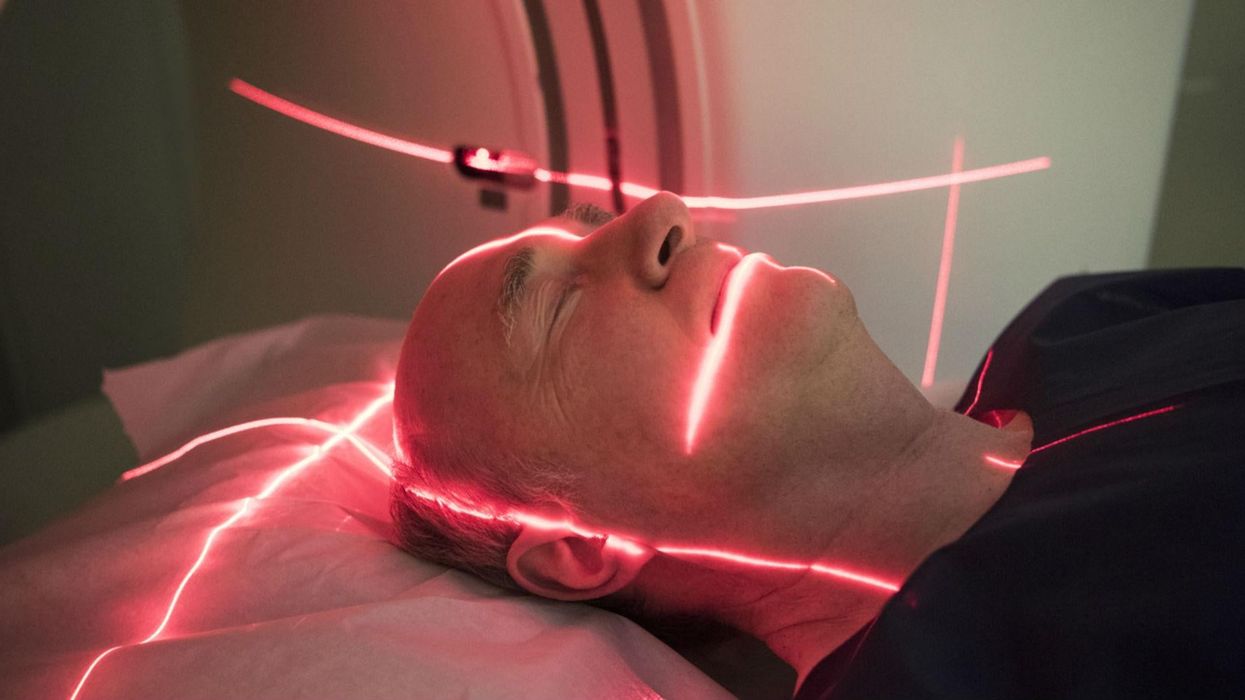Joe Vesey-Byrne
Jul 24, 2017

Picture:
iStock/Getty Images
A study of 49 inmates at a psychiatric hospital found the way psychopaths make choices is very different to non-psychopaths.
Dr Josh Buckholtz, a neurologist at Harvard University, conducted brain scans on 49 prison inmates explained the emphasis on his study.
For years, we have been focused on the idea that psychopaths are people who cannot generate emotion and that’s why they do all these terrible things.
But what we care about with psychopaths is not the feelings they have or don’t have, it’s the choices they make.
The scans found two things about the minds of psychopaths.
- The brains of psychopaths are extremely receptive to rewards.
- The consequences of an action barely factor in their decision making process.
By contrast the mind of a non-psychopath will consider what they have to lose, and the consequences play a large role in their choices.
Buckholtz explained how this research moves the focus away from psychopaths as emotionless monsters.
And even though psychopaths are often portrayed as cold-blooded, almost alien predators, we have been showing that their emotional deficits may not actually be the primary driver of these bad choices.
Because it’s the choices of psychopaths that cause so much trouble, we’ve been trying to understand what goes on in their brains when the make decisions that involve trade-offs between the costs and benefits of action.
In this most recent paper…we are able to look at brain-based measures of reward and value and the communication between different brain regions that are involved in decision making
The brain scans focussed on the connection between striatum and the ventral medial prefrontal cortex, and found the connection was weaker in psychopaths.
The ventral striatum is involved in your reaction to rewards, and the ventral medial prefrontal cortex which is an area of the brain that shapes how you make decisions.
The research found is the weak connection between the two in psychopaths that could be why they are so reward focused, and do not think about consequences.
Holtz concluded:
They’re not aliens, they’re people who make bad decisions.
The same kind of short-sighted, impulsive decision-making that we see in psychopathic individuals has also been noted in compulsive over-eaters and substance abusers.
If we can put this back into the domain of rigorous scientific analysis, we can see psychopaths aren’t inhuman, they’re exactly what you would expect from humans who have this particular kind of brain wiring dysfunction
HT Spring
More: How eating a big breakfast helps you lose weight, according to science
Top 100
The Conversation (0)













